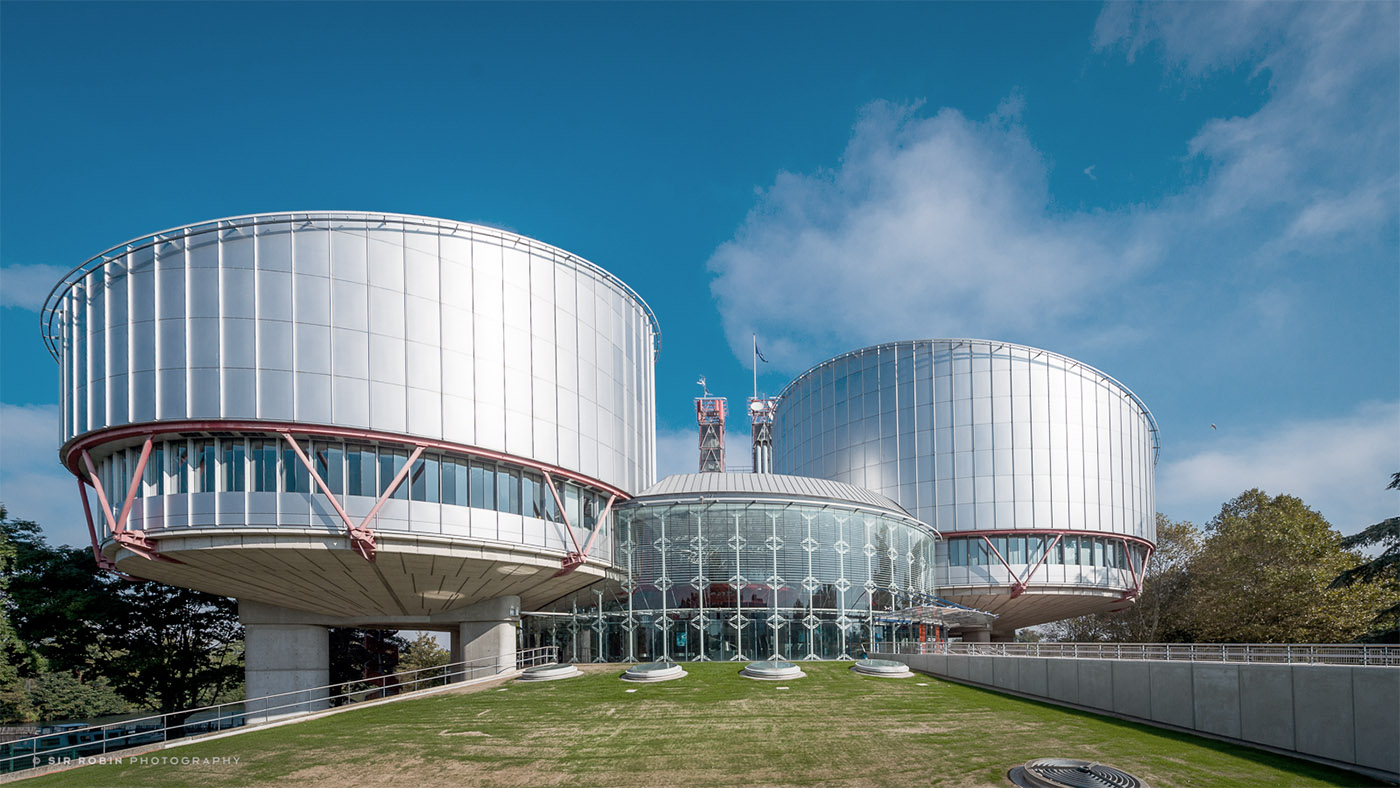
In its third-round evaluation report published on Tuesday (28 June), the Group of Experts on Action against Trafficking in Human Beings (GRETA) welcomes Bosnia and Herzegovina’s improved legislative and policy anti-human trafficking framework but calls for better implementation, specifically when it comes to victims’ access to justice and effective remedies.
Based on a GRETA visit to the country in September 2021 and information provided by national stakeholders, the report notes that most of the 306 potential victims of human trafficking identified in the period 2017-2021 were children exploited for begging.
GRETA called on the authorities to strengthen the prevention of child trafficking by providing adequate financial support to day-care centres for children in street situations.
The body stressed that authorities must provide victims with quick legal assistance and information on the right to legal aid. In addition, victims should have adequate access to the labour market and benefit from vocational training and job placement to increase their societal inclusion.
In terms of compensation, access remains rare, and GRETA asked that trafficking victims be granted compensation from the trafficker as a part of legal proceedings. A state compensation scheme should also be established.
While it was welcomed that victims of trafficking would not be punished, it was noted that police officers and judicial officials require training to ensure that none face legal consequences for things that took place while they were trafficked.
Unfortunately, GRETA noted that the number of human trafficking prosecutions and convictions remains low, with perpetrators generally receiving sentences below the statutory minimum. As a result, GRETA calls for strengthening the criminal justice response to ensure effective, proportionate and dissuasive sanctions.

